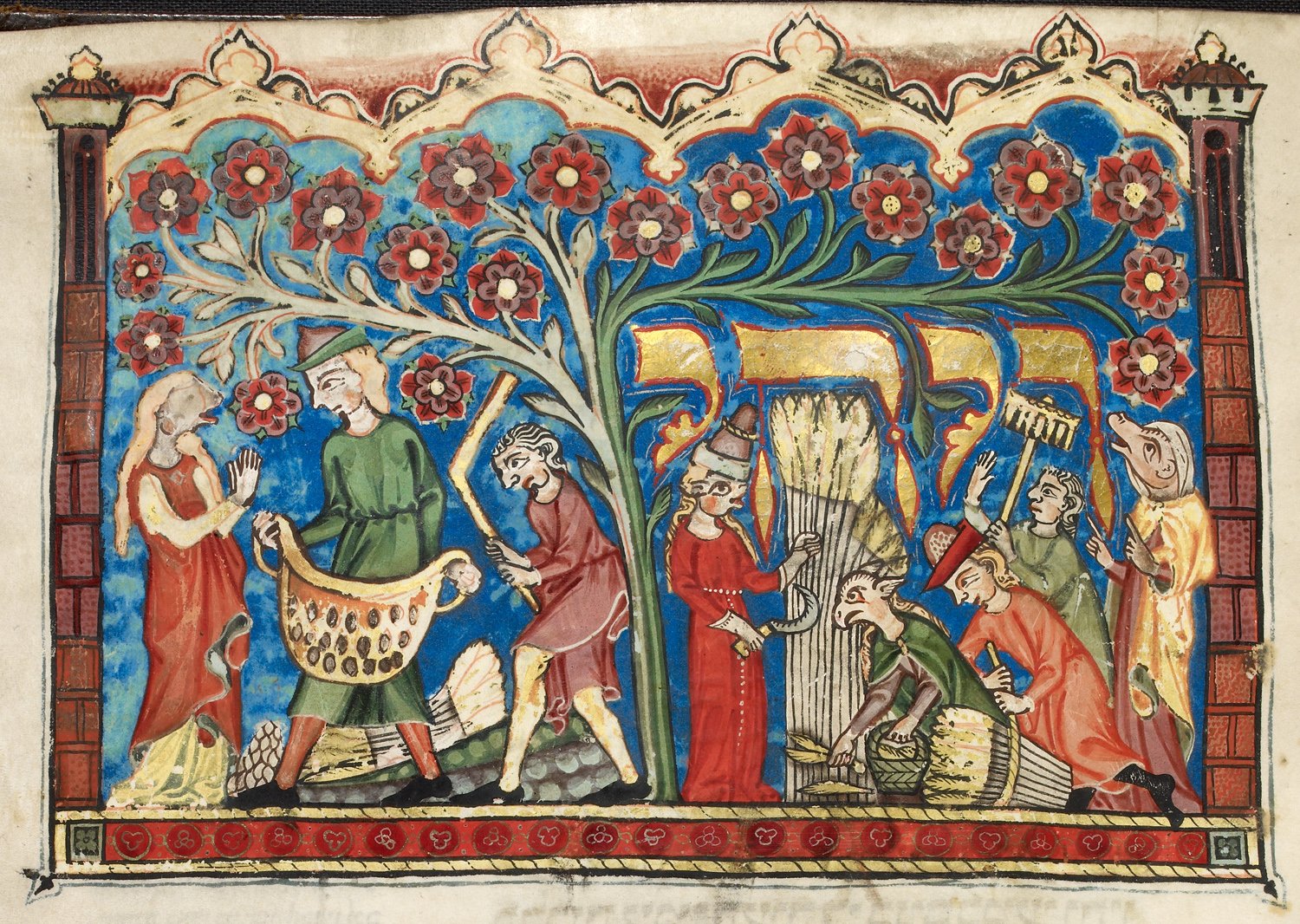Today’s Gospel reading (in the Book of Common Prayer was from Luke 13.1-9. The final portion reads:
Then he told this parable: “A man had a fig tree planted in his vineyard; and he came looking for fruit on it and found none. So he said to the gardener, ‘See here! For three years I have come looking for fruit on this fig tree, and still I find none. Cut it down! Why should it be wasting the soil?’ He replied, ‘Sir, let it alone for one more year, until I dig around it and put manure on it. If it bears fruit next year, well and good; but if not, you can cut it down.'”
As the minister commented that Jesus was the farmer in this parable I realized that can’t be true. God is the farmer. Israel is the fig tree and the extra year is Jesus’ ministry. Jesus himself and his message of salvation must then be the manure, no?




4 thoughts on “Jesus the Manure”
We had the same reading today and I thought of the same thing. The minister at my church actually said that Jesus provides the nutrients that allow us to grow. I spent the rest of the sermon thinking of Jesus as manure.
It reminds me of one of my favorite jokes:
Q: What is brown and sounds like a bell?
A: Dung.
Sigh. This is why I don’t like modern translations as much. Dunging is much more than laying manure on it, it’s working the manure into the soil as part of the whole process of nurturing, just as digging about the tree is part of nurturing the tree.
I think part of the problem is that people reading these parables today don’t do a lot of gardening and so don’t recognize the language.
To me, it’s pretty obvious the gardener is Christ and the digging about and dunging are his work to try to redeem the tree (apostate Israel) so that it will once again bring forth good fruit (righteousness).
Thank you Fr. Gough (or frgough). I would quibble about whether the gardener really is Christ or God, but for trinitarians it really would be a quibble. 🙂
Chris,
You’re right. For Trinitarians, it would be a quibble, but for quibbling’s sake, the man (the master of the garden) is God. Note how the gardener pleads (serves as advocate) with the master to spare the tree a little while longer while the gardener works to redeem the tree.